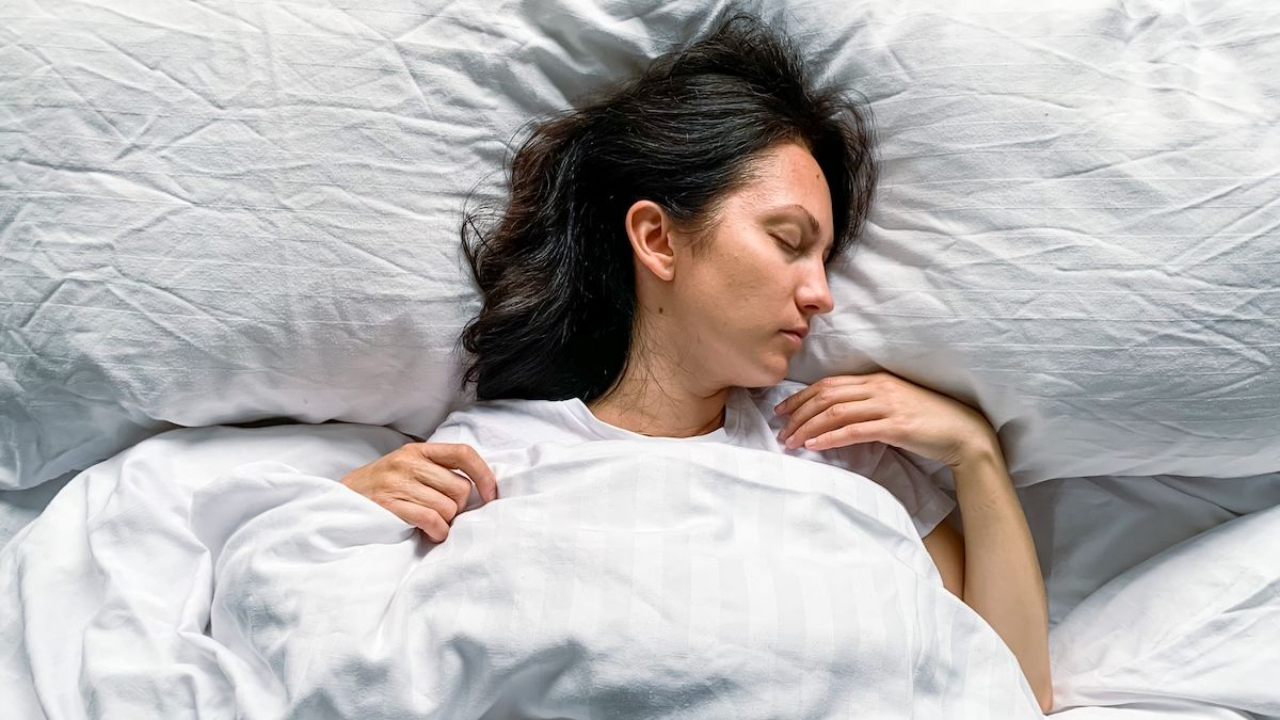Microdosing for better sleep: What does the science say?
Mar 21, 2025
For many, sleep is a delicate balance – easily disturbed by stress, anxiety, or irregular routines. While microdosing is often linked to enhanced creativity and focus, some users report an unexpected effect: better sleep. Could microdosing be a tool for improving rest, or does it risk interfering with natural sleep cycles? The answer may lie in how psychedelics interact with the brain’s sleep-wake mechanisms.
Serotonin is one of the key neurotransmitters involved in regulating sleep. It not only stabilizes mood but also plays a direct role in the production of melatonin, the hormone that signals the body to rest. Since psychedelics like LSD and psilocybin primarily affect serotonin receptors, it’s plausible that microdosing could influence sleep quality.
Researchers have started exploring this connection:
- Nichols et al. (2019) suggest that psychedelics, even in microdoses, interact with serotonin 5-HT2A receptors, which are linked to circadian rhythm regulation.
- Cameron et al. (2021) propose that psychedelics promote neuroplasticity – enhancing the brain’s ability to process emotions during sleep, potentially leading to more restorative rest.
Sleeplessness or serenity?
Not all experiences with microdosing and sleep are positive. Some find that microdosing increases relaxation, reduces nighttime anxiety, and leads to a smoother transition into sleep. Others, however, report overstimulation or difficulty winding down.
Anecdotal accounts suggest that the effects may depend on factors like dosage, timing, and individual brain chemistry. Scientifically:
- Hutten et al. (2022) found that microdosing was associated with reduced nighttime anxiety, which can be a major disruptor of sleep.
- Olson et al. (2022) noted that small psychedelic doses may help decrease hyperarousal – an overstimulated state linked to insomnia.
Dreaming in high definition
Some microdosers report experiencing vivid dreams, and in some cases, lucid dreaming. This could be due to the effects of psychedelics on REM sleep, the stage associated with memory consolidation and dreaming.
A 2020 study by Kuypers et al. suggested that psychedelics may enhance REM activity, leading to richer and more emotionally engaging dream experiences. Whether this is beneficial or disruptive likely depends on personal preference – some enjoy an intensified dreamscape, while others find it unsettling.
When to take it?
Timing plays a crucial role. Morning microdosers tend to report fewer sleep disturbances, whereas those who take a dose later in the day may struggle to unwind.
- A 2021 study by Rootman et al. found that participants who microdosed early in the morning maintained stable sleep cycles, while those who took doses in the afternoon or evening were more prone to restlessness.
- Adjusting the dose or shifting to a morning routine may help those who experience negative sleep effects.
Final thoughts
Can microdosing improve sleep? The evidence is still inconclusive, but early research and anecdotal reports suggest it may help reduce nighttime anxiety, enhance emotional processing during rest, and even intensify dreams. However, overstimulation and changes in REM cycles could be a drawback for some.
As research continues, we may soon have a clearer picture of whether microdosing can become a tool for optimizing sleep – or if its benefits remain limited to waking life.

